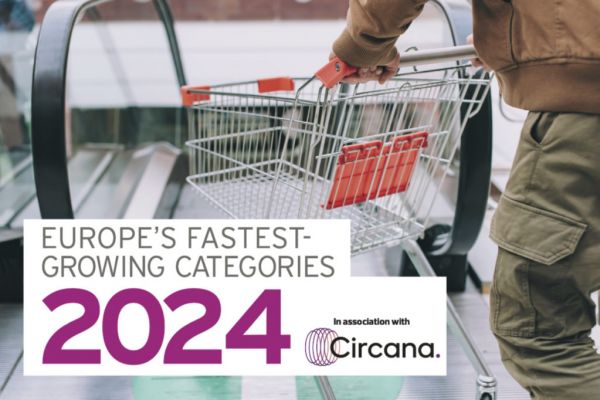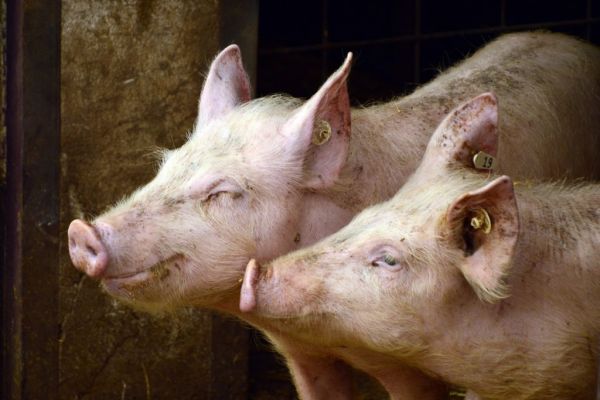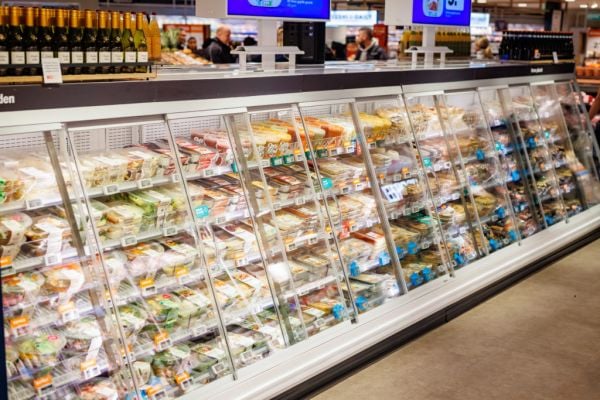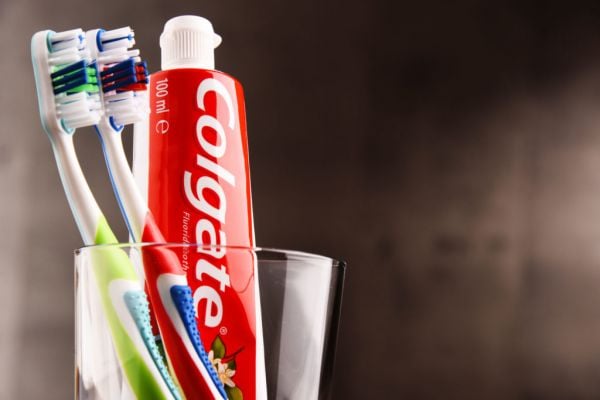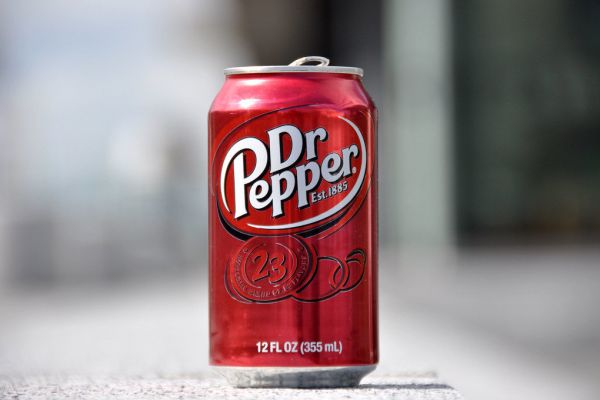Shoppers in The Netherlands are turning to private label and promotional items in a bid to save money, however some categories have shown resilience. This article first appeared in ESM's March/April 2024 edition.
While consumer confidence has shown signs of improvement in the Netherlands in recent months – according to Statistics Netherlands (CBS), consumer confidence stood at -27 in February, an improvement on the all-time low of -59 recorded in late 2022 – there are still signs that challenges are likely to persist on the high street for the foreseeable future.
As Dutch bank ING noted in February, retail sales contracted last year for the first time in a decade (by 3%), with a further drop (of around 0.5%) likely in the coming year.
Supermarkets are expected to be particularly affected, the bank suggests, collectively losing more than €1.5 billion in sales this year, due to an expected drop in food sales and a forthcoming tobacco ban.
Circana Insights
As Sjanny van Beekveld, senior business consultant at Circana in the Netherlands, tells ESM, inflation had a “clearly visible” impact on purchasing habits last year, with food and drink prices rising by 10.7% in 2023, compared to 2022, resulting in a 2.1% decline in supermarket food and drink volume sales. Allied to this were a number of notable changes in shopping patterns.
As van Beekveld explains, “Shoppers shifted channels and bought much more at discounters. Both hard and soft discounters gained significant market share.”
In addition, shoppers switched to private-label or budget brands, resulting in the “highest-ever share for private label”, as well as downtrading within categories, such as purchasing minced meat instead of beef. It’s no surprise that luxury and non-essential categories suffered the most from price increases, with chilled juices, tapas/snacking and coffee among the hardest hit.
Areas in which shoppers refused to make concessions, however, included sustainability and convenience. The share of organic and bio products has been “fairly stable”, while pre-cut vegetables and ready meals also maintained their positions.
Despite the inflationary environment, indulgence, protein and convenience were significant trends in the Dutch grocery sector last year, with increased sales in salty snacks, frozen snacks, high-protein dairy, and ready meals.
Category Breakdown (data provided by Circana)
Value Sales by Category
| Category | Value Sales (in € billion) | Value Sales Change | Volume Sales Change |
|---|---|---|---|
| Ambient | €8.1bn | 13.1% | -1.0% |
| Drinks | €4.2bn | 5.3% | -2.8% |
| Chilled and Fresh | €4.2bn | 8.8% | -1.1% |
| Alcohol | €3.4bn | 1.5% | -5.4% |
| Frozen | €1.9bn | 14.7% | 1.5% |
| Household | €1.7bn | 5.7% | -7.3% |
| Confectionery | €1.4bn | 13.7% | 0.5% |
| Personal Care | €0.5bn | 1.5% | -3.3% |
| Pet Food | €0.4bn | 10.1% | -3.8% |
| Baby Food | €0.1bn | -0.2% | -6.2% |
| Baby Non Food | €0.1bn | 3.0% | -10.1% |
| Pet Non Food | €0.1bn | 4.4% | -7.2% |
Fastest-Growing Subcategories by Value Sales
| Subcategory | Value Sales Increase |
|---|---|
| Yogurt Natural (Fresh) | +€62.7m |
| Toilet Paper | +€55.7m |
| Gum Others | +€47.9m |
| Barn Chicken Eggs | +€44.0m |
| Chocolate Bars And Tablets | +€39.0m |
| Pizza (Frozen) | +€37.4m |
| Energy Drinks | +€35.9m |
| Quark Natural (Fresh) | +€34.6m |
| Ribbed Chips | +€34.3m |
| Everyday Cookies | +€32.9m |
